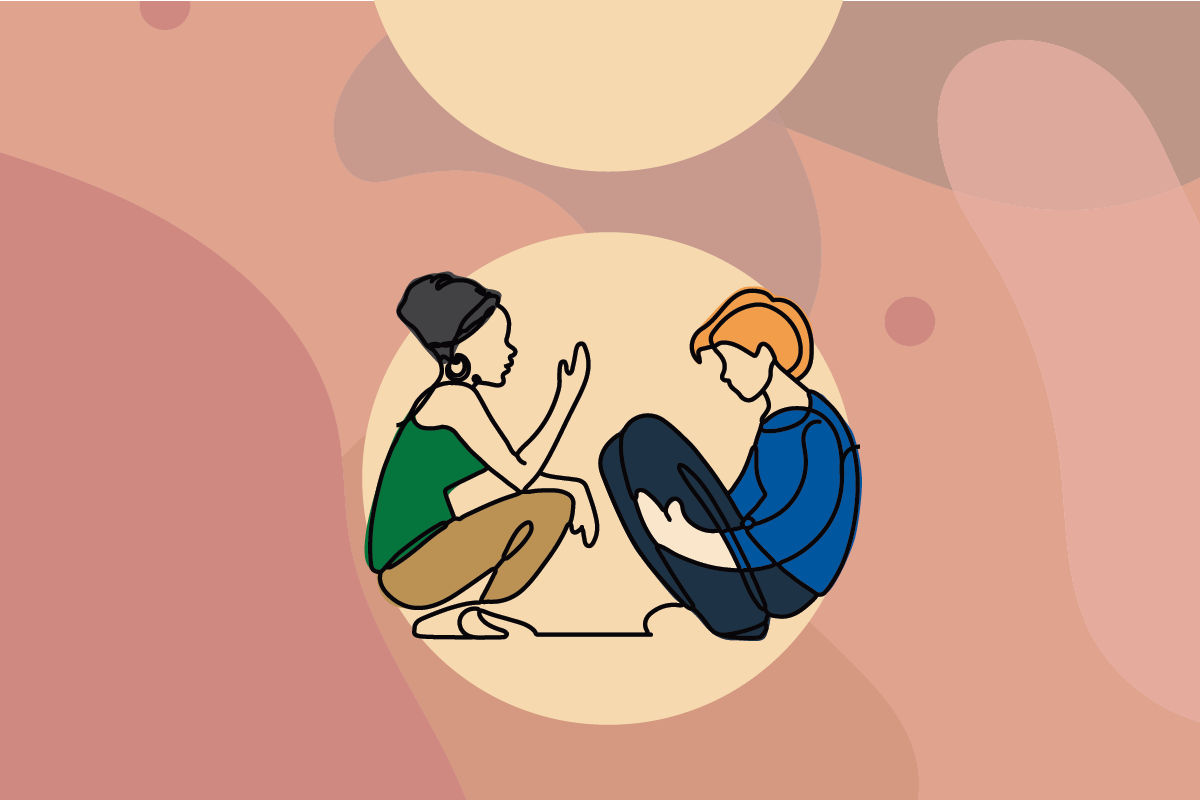Can we provide trauma-informed care for children without changing our beliefs about their behaviour?
Jun 2023
Written by Noel Macnamara
This blog article was written by Noel Macnamara, Executive Manager – Research and Policy and Deputy Director, Centre for Excellence in Therapeutic Care, CETC.
There is a growing tendency to view trauma-informed care for children in out-of-home care as a form of behavioural intervention. However, this approach undermines the true essence of trauma-informed care, which involves genuinely seeing children beyond their behaviours to address their unique care needs. When we solely focus on behavioural change, we disregard the individual identities and experiences of children who may exhibit behaviours that carers find challenging.
To embrace a trauma-informed approach to caring for children and young people who have experienced adverse childhood events, we need to shift our focus. A care approach that focuses solely on behavioural change fails to acknowledge that individuals with diverse behaviours have their own distinct experiences and ways of navigating the world. It is essential to prioritise seeing these children’s core authenticity and embracing their uniqueness.
In Western culture, there is a predominantly left-brain approach to conceptualising care. The left and right hemispheres of the brain each specialise in different types of behaviour and thinking.

The left brain tends to categorise things as “good or bad” and “right or wrong”. This mode of processing objectifies and limits our ability to genuinely see and connect to others. Our cultural conditioning in providing care often leads us to perceive behaviours of children in our care as a reflection of our own goodness. However, this belief can be detrimental and ultimately dehumanising in the context of the caregiver-child relationship.
Therapeutic parenting, also known as trauma-informed care, is more a right-brain-to-right-brain approach that is attachment-based and emotion-focused. Its aim is to understand and remediate the developmental harms of early adversity on the capacity for post-traumatic growth. This approach promotes resilience and healing to activate and rewire the early unconscious patterns established in the right hemisphere of the child’s brain.
Relational trauma necessitates relational repair.
It is deeply ingrained in our society that good caregiving is synonymous with controlling children’s behaviour. Family, friends, neighbours, schools, and professionals perpetually reinforce the idea that good carers have well-behaved children. When children’s behaviours deviate from these expectations, carers often feel embarrassed, and increasingly doubt their skills and aptitude for providing quality care.
This emphasis on control is dangerous for the care relationship. Power struggles and battles for control undermine the true healing that comes with bonding and attachment through daily care. Children who do not feel a sense of ease and safety with their carers may perceive consequences and punishments as threats to their relationship and identity, triggering a fight/flight/freeze response. In such states, their brains prioritise detecting danger rather than rational thinking, making it difficult for them to reason or consider future consequences – the very essence of traditional behaviour modification techniques.
Caring with a trauma-informed approach means exploring complex emotions to nurture a child’s authentic self, helping them recognise the good person they truly are, through providing experiences of co-regulation, connection, and felt safety. This approach helps children develop a positive sense of self and improves their capacity to cope with stressful situations, regulate emotional arousal, overcome fears, accept disappointments, and tolerate frustrations. While the end result is often an increase in children’s cooperative behaviour, this is only a side-effect of their improved emotional security in their relationships, environments, and self.

Although our care can influence children’s behaviour, we must recognise that the goal is not to control. Instead, our focus should centre on creating an enriched relational environment that supports self-regulation, connection, and multi-layered safety. We can assist children to be open to learning new things and accept strengths-based guidance. This approach requires carers to work on themselves, actively engaging in reflective self-awareness and self-compassion. Carers must recognise their own “window of tolerance” for emotional arousal while being supported compassionately by the team around them.
Trauma-informed care requires us to move beyond the concept of behaviour modification to see children and young people for who they truly are. Our approach must focus on authentic emotional connection and support regulation and safety. By understanding the multifaceted nature of trauma and embracing the unique experiences and identities of our children, we can create a more compassionate and nurturing environment for both ourselves and the children in our care.
































